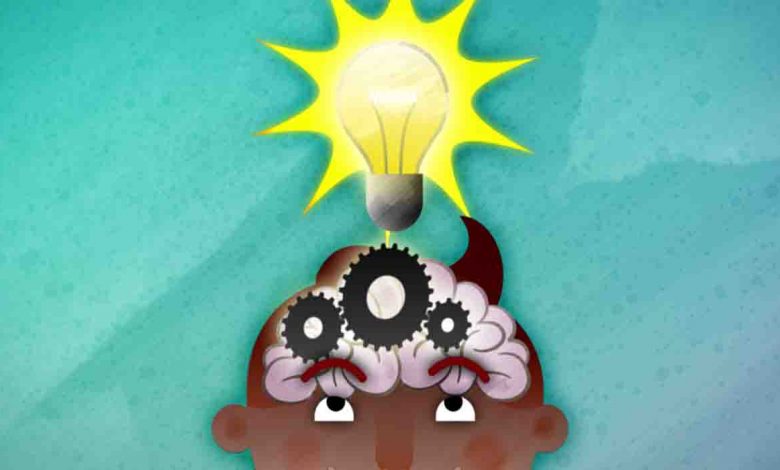Suggestions for making school education more meaningful

Monday, 17 May 2021 | SPS Chauhan
GUEST COLUMN
 SPS Chauhan
SPS Chauhan
The National Education Policy (NEP) states its objectives and vision at various points in the document. Chapter four of the education policy states that the school syllabus and teaching methods should be holistic, easy to understand, unified and interesting. For school education it is important to create a quest for knowledge or scientific temperament, develop a sense of good citizenship, making the students aware by class XII of all the basic knowledge required for day to day life. One would like to explain how the vision and objectives laid in the policy can be achieved. The focus here is basically on the education up to class X as XI and XII are left out for focussing on further career development
We can broadly divide the whole education system in three parts – content or curriculum, teaching method and extra curricular activities.
When it comes to the curriculum, a look at the syllabus of various courses reveals that a good amount of contents can either be removed or reorganised to bring it down to necessary knowledge level for day to day life. It is common knowledge that not only a child but even grown ups remember a story, novel or movie over a long period of time. This happens because the events are interconnected and at every stage the reader or viewer is eager to know the next event. Anything which has a good sequence and curiosity involved shall be remembered by everyone. This element is missing in our present curriculum. Every page and chapter seems to throw up unconnected information which is crammed up for exam purposes without basic understanding of the subject. This can be termed as a vertical approach in each subject. The challenge is whether the same information can be passed on to students with the elements of continuity and curiosity for actually understanding the subject matter? My answer to this is an emphatic yes. It has to be understood that the entire development of the civilised world has taken place as a living organic entity. It has been a gradual process. Geography, history, social sciences and pure sciences all have been linked intricately at all times. If at school level all these subjects are taught in a linked manner, it would make learning interesting and lasting. This can be called a horizontal approach. The main subjects for education up to X standard can be limited to language, arithmetic/ basic geometry and general studies. In language more emphasis needs to be given on communication skills. Without a good command and understanding of language an individual, society or country can not realise its full potential. It need not be said that basic mathematics, especially arithmetic is essential for any person in day to day life. Basics of geometry are also used in everybody’s life. Mathematics, besides its importance in day to day life, is also essential for developing analytical capability of young minds. Basic Vedic mathematics can help in this field in an effective manner. Algebra is the basic for higher learning but can be spared up to grade eight or can be taught for basic exposure.
All the basic requirements of social sciences and pure sciences can be termed as general studies up to class X. General studies should cover basics of history, geography, civics, economics and science. All these subjects can largely be interconnected and interwoven in common threads in an interesting and fascinating manner. It is ironic that most of the new voters know very little about the country’s civic system and governance while they become eligible to vote. The basics of Indian culture and its positive aspects can be ingrained in young minds easily at this stage.
Regarding the teaching method, it is common knowledge that teachers are burdened with finishing the course matter within a specified number of periods, resulting in a continuous barrage of little understood information in the form of course material. The course material can be reduced/ reorganised to ease the pressure on teachers and students without losing on actual learning. However, teachers will have to be trained for a reoriented horizontal approach of teaching to maintain an element of continuity and curiosity in the minds of the students. Teachers do not have to learn anything new but just affect a shift in teaching method. The teaching method should make students ask the questions instead of the teacher simply rushing through the lessons and chapters. Credit should be given for asking the questions as well rather than only for answering the questions in the exam. One feels that 20 per cent marks could be allotted for asking questions in the class. Why and how are the basics of developing scientific temperament in the students and VI to X grade is the right stage for developing it.
Further, extra curricular activities are necessary for holistic development of a child. In general this term is understood as the introduction of some sports, arts or other activities in the school. It will be good if such activities are involved which inculcate team spirit and dignity of work. For example students can clean their own classrooms and school on certain days, take care of school lawns and gardens etc. Scope can further be widened in higher grades with the element of community service as appropriate to individual localities. Instead of curriculum based home work, making students choose their own field of interest for specific write ups/ projects on the same with more in depth details may be a good means of developing the habit of self study and can help greatly in identifying students’ areas of interest and natural capabilities. Another element of extra curricular activities may be self reliance. Students may be encouraged to carry out daily discourses on their own and also to help the family in routine works. Feedback from parents should be obtained during parent teacher meets. Such measures could help in transforming the schooling experience from cramming to learning.
(A retired civil servant, the author is a civil engineer interested in educational reforms)






